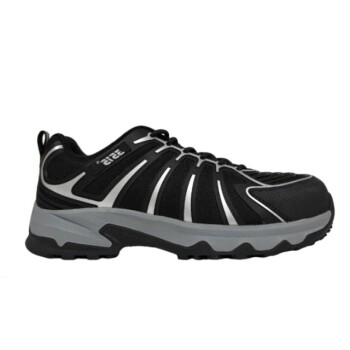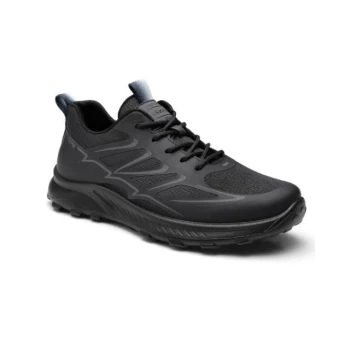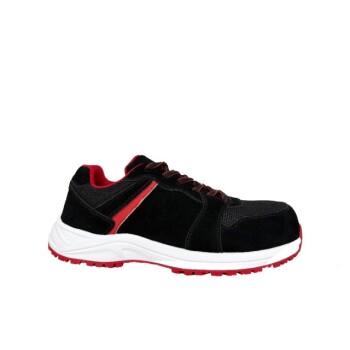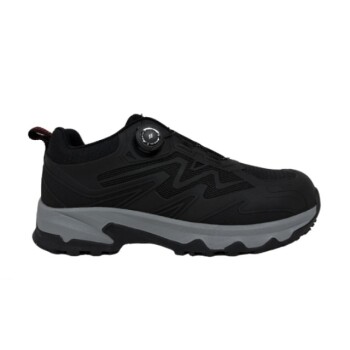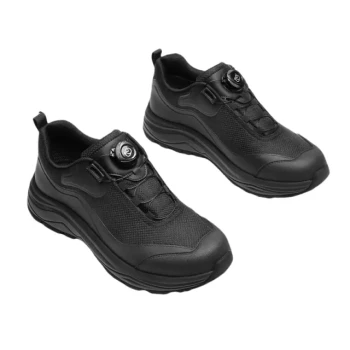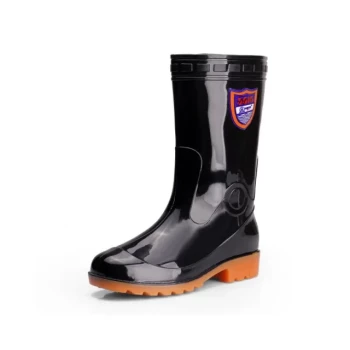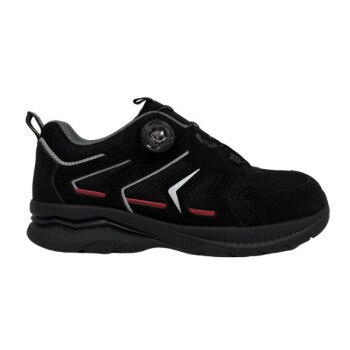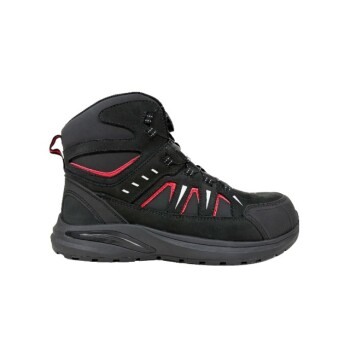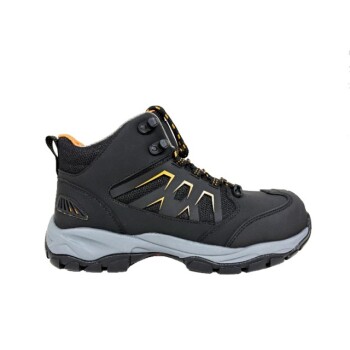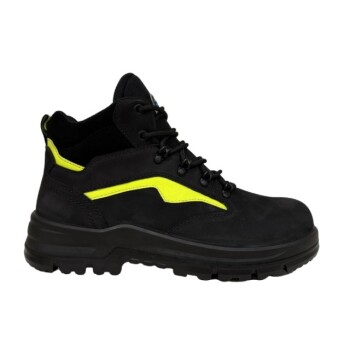For most healthy people, no. Research indicates that obsessively analyzing your foot pronation or supination is not necessary when choosing walking shoes. The long-held practice of matching shoe type to foot motion does not prevent injuries any more effectively than simply wearing a standard neutral shoe.
The most reliable factors for selecting the right walking shoe have shifted away from complex biomechanical analysis. The new gold standard is simpler and more personal: prioritize immediate comfort and a precise fit above all else.
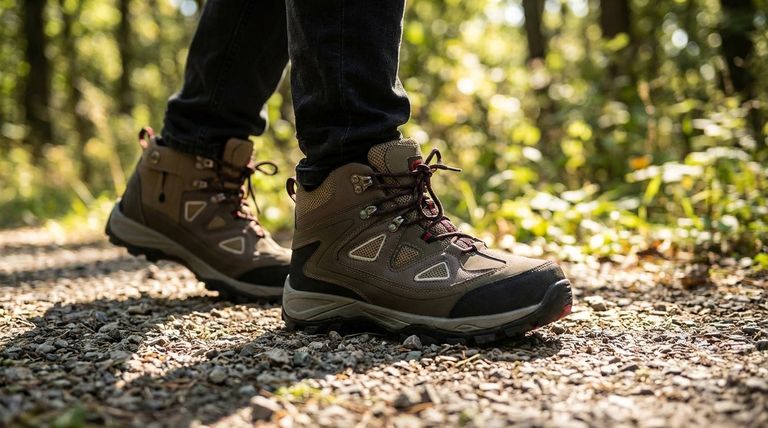
The Shift from Pronation to Personal Comfort
For years, the footwear industry focused heavily on pronation—the natural inward roll of the foot as it strikes the ground. This led to categories like "neutral," "stability," and "motion control" shoes. However, recent understanding has simplified this approach.
What the Research Shows
Studies have found that for the average healthy individual, prescribing a specific shoe type based on pronation does not lead to a lower rate of injury.
A neutral shoe works just as well for most people, suggesting the body is more adaptable than previously thought. The focus on over-correcting natural movement may be unnecessary.
The True Indicator: Comfort
Comfort is not a luxury; it is your body’s signal that a shoe works in harmony with your unique mechanics. A shoe should feel good the moment you put it on.
This immediate feedback is a far more reliable guide than a technical assessment of your gait. If a shoe feels wrong, it probably is—regardless of what its technical specifications claim.
The Pillars of a Great Walking Shoe
Instead of getting lost in technical jargon, focus your attention on two fundamental and practical elements: fit and purpose.
The Critical Importance of Fit
A proper fit is the single most important factor in preventing common foot problems like blisters, bruised toenails, and other discomforts.
A well-fitting shoe should be snug but not tight. You should have adequate space (about a thumb's width) at the front of the shoe and enough room in the toe box for your toes to spread out naturally.
The Myth of Maximum Cushioning
While cushioning adds comfort, more is not automatically better. Some evidence suggests that thinner, more flexible soles can actually put less stress on the knees.
The right amount of cushioning depends on personal preference and the surfaces you walk on most frequently.
Aligning the Shoe with Your Goal
The best walking shoe is one that is perfectly matched to its intended use. Different activities place different demands on your feet and your footwear.
For All-Day Walking and Standing
If you spend most of your day on your feet, especially on hard surfaces, look for shoes that offer a good balance of cushioning and support to absorb impact.
For Travel and Commuting
When traveling, you may prioritize shoes that are lightweight and easy to take on and off. Versatility and packability become key features.
For Specific Work Environments
If you need walking shoes for work, your primary concerns might be functional features like slip-resistant outsoles or durable materials required for your job.
Making the Right Choice for Your Needs
Forget the outdated rules and focus on what has been proven to matter.
- If your primary focus is injury prevention: Trust comfort and a perfect fit over any specific pronation-based shoe category.
- If your primary focus is all-day comfort: Ensure the shoe is snug in the heel with ample room for your toes, and that the cushioning feels right for you.
- If your primary focus is a specific activity: Match the shoe’s features, like weight or slip resistance, directly to the demands of that task.
Ultimately, your own sense of comfort is the most sophisticated tool you have for finding the perfect walking shoe.
Summary Table:
| Key Factor | Why It Matters | What to Look For |
|---|---|---|
| Comfort | Your body's best indicator of a good fit. | Shoes should feel good immediately upon trying them on. |
| Fit | Prevents blisters and other common foot problems. | Snug heel, thumb's width of space at the toe, roomy toe box. |
| Purpose | Aligns shoe features with your specific activity. | Consider cushioning, weight, and slip resistance for your needs. |
Find Your Perfect Fit with 3515
As a large-scale manufacturer, 3515 produces a comprehensive range of footwear for distributors, brand owners, and bulk clients. Our production capabilities encompass all types of shoes and boots, designed with a focus on superior comfort and precise fit from the very first step.
Whether you need reliable walking shoes for all-day comfort, specialized footwear for demanding work environments, or versatile styles for travel, we can provide the perfect solution for your customers.
Contact 3515 today to discuss your footwear needs and discover how our manufacturing expertise can benefit your business.
Visual Guide
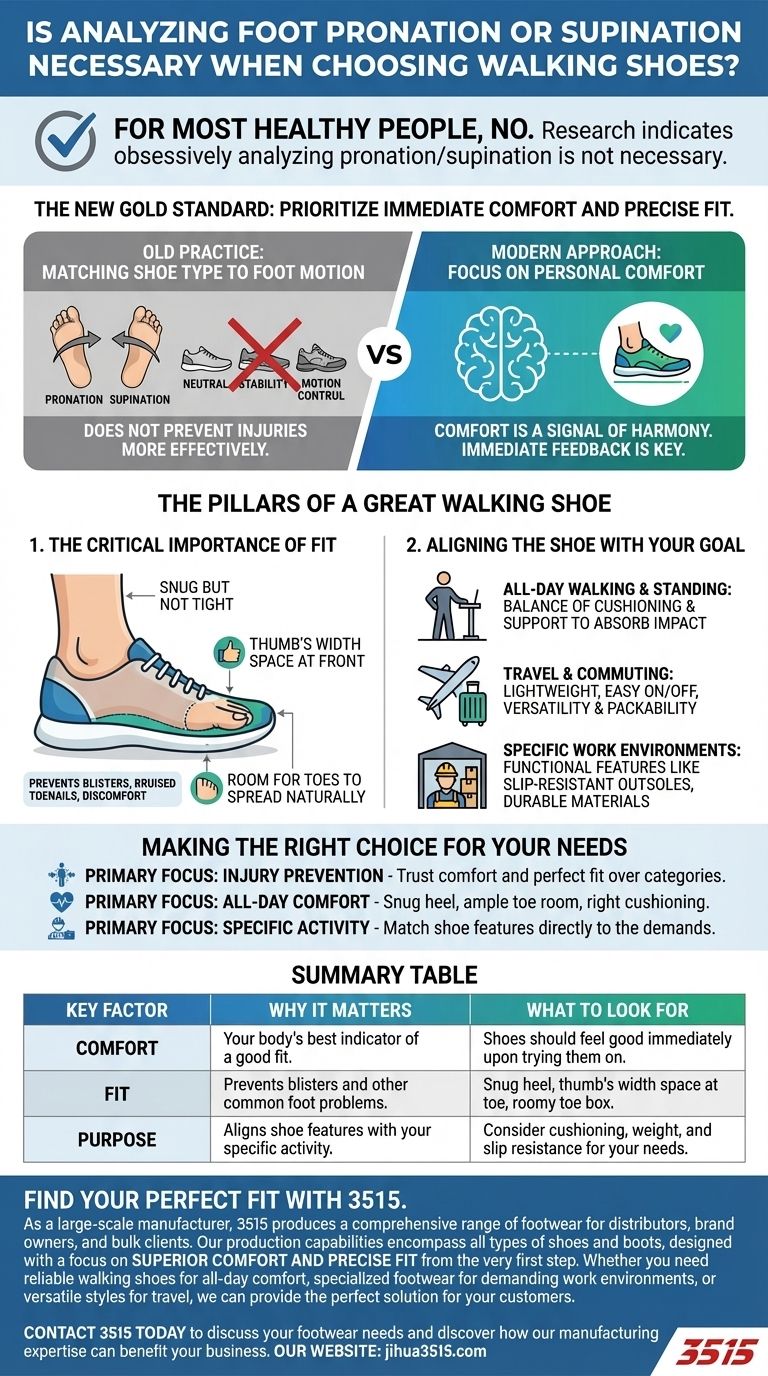
Related Products
- Safety Footwear Wholesale Manufacturer for Custom OEM/ODM Production
- Durable Rubber Sole Outdoor Shoes Wholesale & Custom Manufacturing
- Durable Rubber-Soled Utility Shoes for Wholesale & Custom Brand Manufacturing
- Premium KPU Athletic Safety Shoes for Wholesale
- Custom OEM Training Shoes Wholesale Manufacturer Durable & Breathable
People Also Ask
- What are the benefits of lightly insulated boots for city travel? Your Guide to All-Day Comfort & Style
- What are the characteristics of cruiser/biker boots? Style Meets Essential Riding Protection
- What makes walking boots different from other cowboy boots? Unlock Comfort & Stability for Everyday Wear
- What are the key features of good winter boots? Insulation, Waterproofing & Traction Explained
- What makes a walking shoe a good value option? Prioritize Core Support & Comfort
- Which type of boot is more expensive: waterproof or water-resistant? Unpacking the Cost of True Protection
- What are the benefits of plastic riding boots? Unmatched Durability for Stable Work
- What are the primary benefits of using horse boots? Enhance Performance & Prevent Injury



